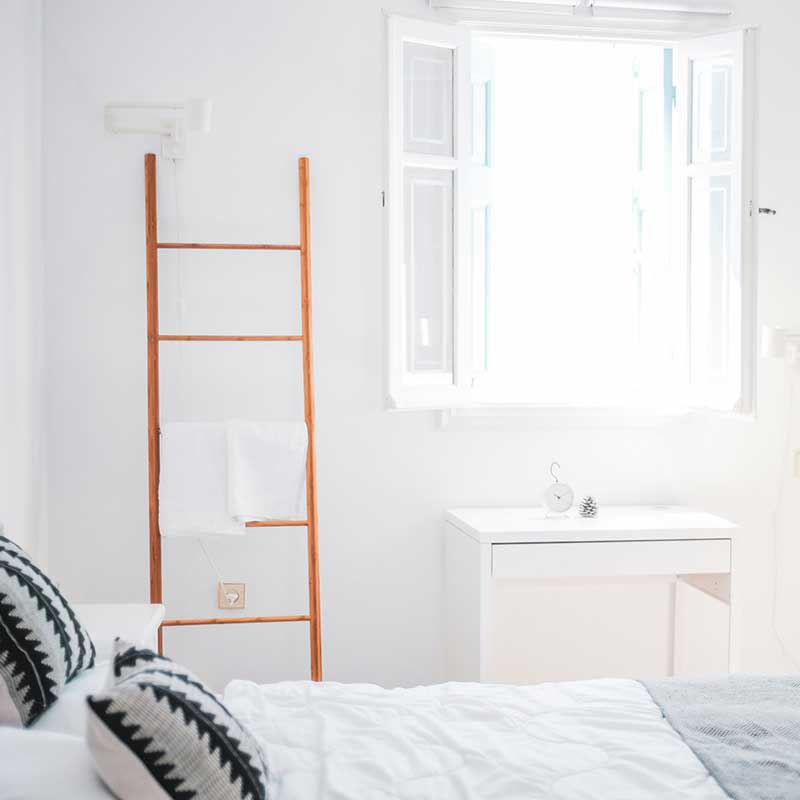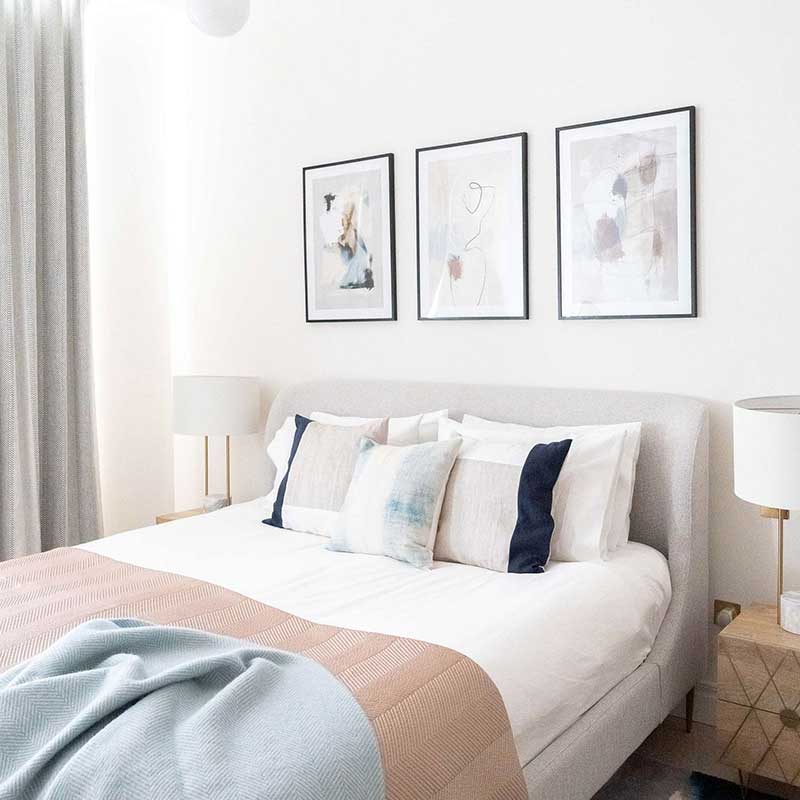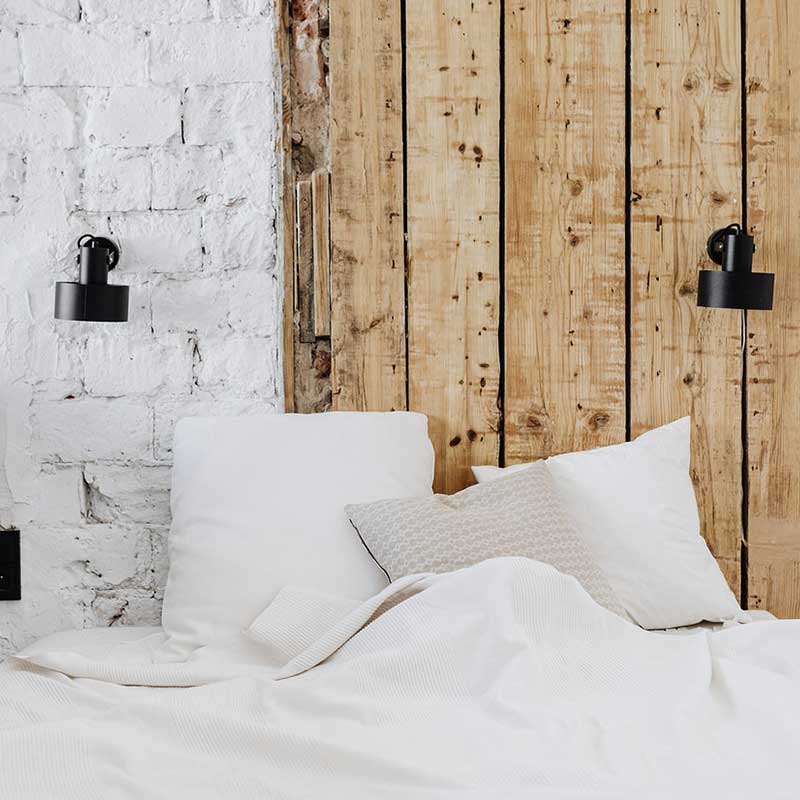Welcome to the ultimate guide on the cost of living in Portugal! Whether you’re considering a move to this beautiful country or just curious about what it takes to live here, this guide will provide you with all the information you need.
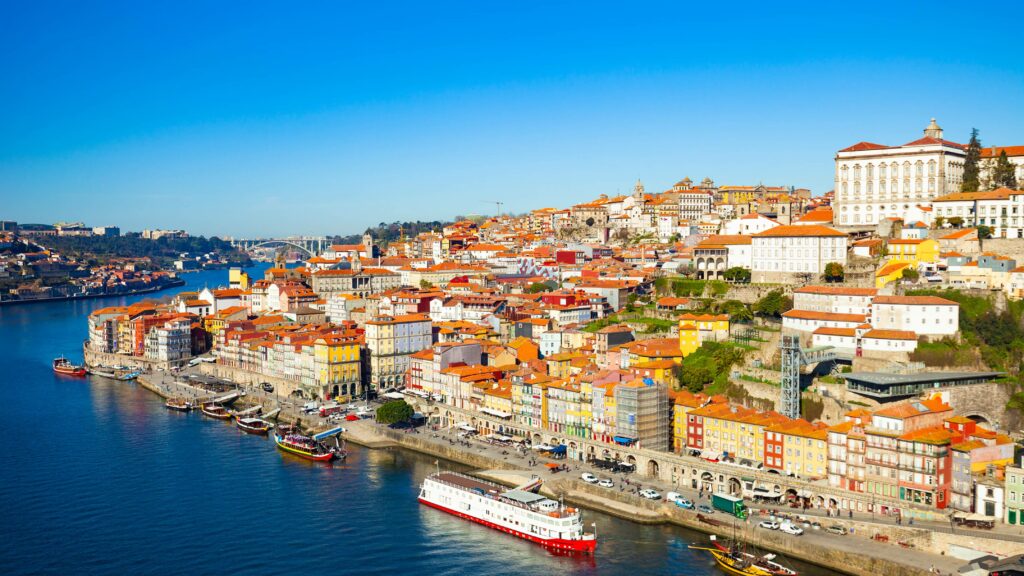
From housing and utilities to groceries and entertainment, we’ll cover everything you need to know to budget for your life in Portugal.
1. Introduction: Why Portugal?
Portugal has quickly become one of Europe’s most popular destinations for expats, digital nomads, retirees, and investors. With its warm climate, stunning beaches, rich history, and vibrant culture, it’s no wonder why so many people are choosing to make Portugal their home.
But what about the cost of living? Is it as affordable as people say?
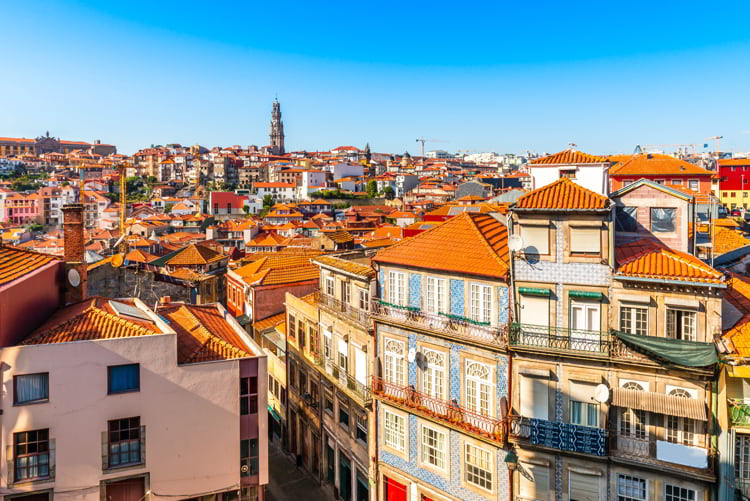
2. Housing Costs in Portugal
Renting vs. Buying
Housing is often the most significant expense for anyone living in Portugal. The cost of renting or buying property varies significantly depending on the location.
- Renting: In cities like Lisbon and Porto, expect to pay between €800 and €1,500 per month for a one-bedroom apartment in the city center. In smaller towns and rural areas, rent can drop to as low as €400-€600 per month.
- Buying: Lisbon’s average price per square meter can be around €3,500-€5,000. In other areas, such as the Algarve or Porto, prices range from €2,000 to €3,000 per square meter.
Regional Variations
- Lisbon: The capital is the most expensive area, with higher costs for both renting and buying.
- Porto: Slightly cheaper than Lisbon but still relatively high compared to other regions.
- Algarve: Popular among retirees, with prices comparable to Porto.
- Rural Areas: Significantly cheaper, with more affordable housing options.
3. Utility Costs
Electricity, Water, and Gas
Utilities in Portugal can add up, especially in the winter when heating is needed.
- Electricity: The average electricity bill for a small apartment ranges between €50 and €100 per month.
- Water: Water bills are generally low, costing around €20-€40 per month.
- Gas: Gas bills can range from €30 to €70 per month, depending on usage.
Internet and Mobile Plans
Portugal has excellent internet infrastructure, with most urban areas offering high-speed fiber-optic connections.
- Internet: Expect to pay around €25-€40 per month for a good broadband connection.
- Mobile Plans: Mobile phone plans with data typically cost between €10 and €30 per month.
4. Groceries and Everyday Essentials
Supermarket Prices
Groceries in Portugal are generally affordable, with prices similar to or lower than the European average.
- Milk (1 liter): €0.60-€0.80
- Bread (500g loaf): €1.00-€1.50
- Eggs (12): €2.00-€3.00
- Chicken (1 kg): €4.00-€6.00
- Rice (1 kg): €1.00-€2.00
- Wine (1 bottle): €3.00-€7.00
Local Markets vs. Supermarkets
Shopping at local markets can be a great way to save money and get fresh, local produce. Prices at local markets are often lower than in supermarkets, and you can find a wide variety of fruits, vegetables, fish, and meats.
5. Transportation Costs
Public Transport
Portugal has an efficient public transportation system, especially in major cities.
- Lisbon Metro Ticket: €1.50 per ride or €40 for a monthly pass.
- Porto Metro Ticket: €1.20 per ride or €30 for a monthly pass.
- Bus Tickets: Similar pricing to metro tickets.
Owning a Car
Owning a car in Portugal can be expensive due to high fuel costs, insurance, and taxes.
- Fuel: Around €1.70 per liter for gasoline.
- Car Insurance: Approximately €300-€600 per year, depending on the vehicle and coverage.
- Tolls: Expect to pay tolls on major highways, which can add up if you drive frequently.
6. Healthcare Expenses
Public vs. Private Healthcare
Portugal offers both public and private healthcare systems.
- Public Healthcare: Access to public healthcare is free or low-cost for residents, but there can be long waiting times.
- Private Healthcare: Many expats opt for private healthcare, which offers faster access to services. Costs for private healthcare can vary widely.
Health Insurance
Private health insurance is recommended for those who prefer private healthcare.
- Cost: Health insurance can cost between €50 and €150 per month, depending on age and coverage.
7. Education Costs
Public Education
Public education in Portugal is free for residents, including expats, up to the secondary level.
Private Schools and International Schools
Private and international schools can be expensive, with tuition fees ranging from €5,000 to €20,000 per year.
8. Entertainment and Leisure
Dining Out
Dining out in Portugal is affordable compared to other Western European countries.
- Meal at an Inexpensive Restaurant: €8-€12
- Three-Course Meal for Two at a Mid-Range Restaurant: €30-€50
- Coffee (Espresso): €0.70-€1.50
Sports and Recreation
- Gym Membership: €25-€50 per month
- Cinema Ticket: €6-€9
9. Cost of Living for Expats
Comparison with Other Countries
Portugal is generally more affordable than other Western European countries like France, Germany, or the UK. However, it can be more expensive than some Eastern European destinations.
Living on a Budget
For a single person, living comfortably in Portugal can be achieved on a budget of around €1,200-€1,800 per month, depending on location and lifestyle.
10. Conclusion: Is Portugal Affordable?
Portugal offers a relatively low cost of living compared to many other European countries, making it an attractive destination for expats, retirees, and anyone looking for a better quality of life. Whether you choose to live in a bustling city or a quiet village, Portugal provides a range of options to suit various budgets and lifestyles.
All Contacts
- Rua de Camões 639 4000-148
- +351 912 679 232
- info@mosaicohostels.com
- 08 am - 06 pm Sunday closed
Subscribe
Subscribe Our Newsletter for more deals & updates



